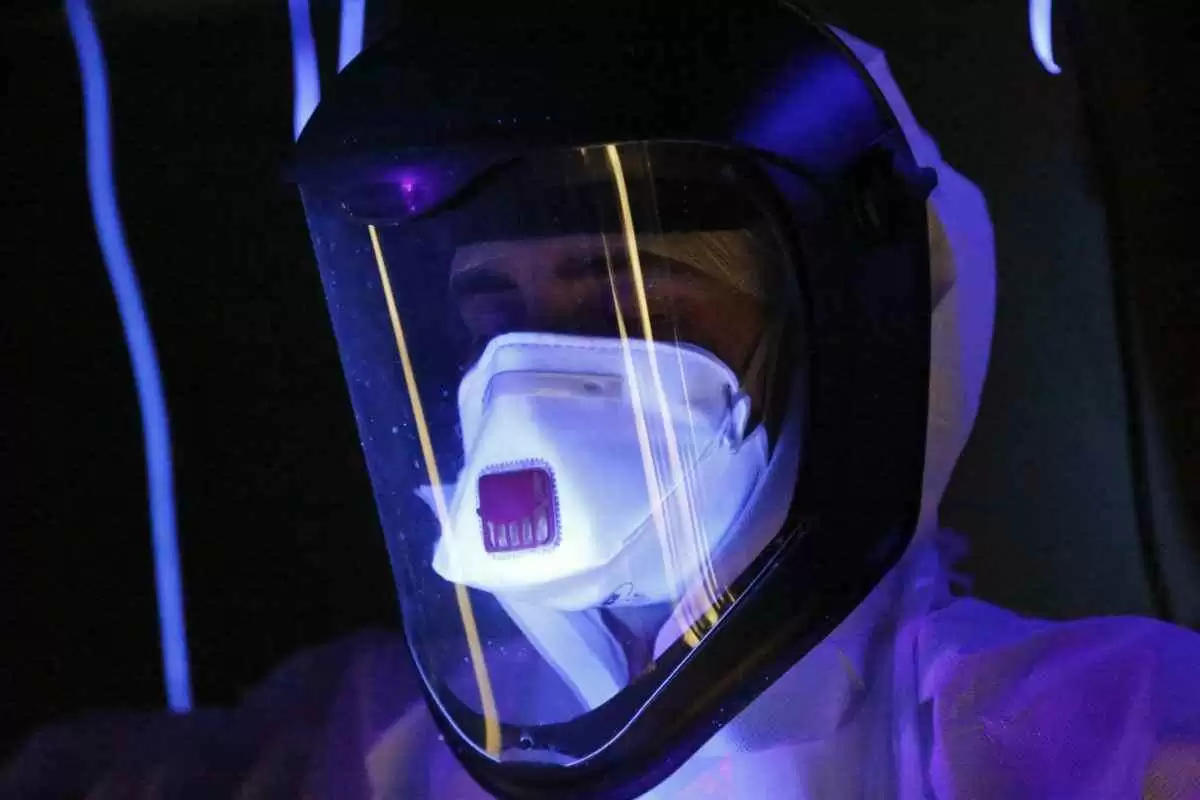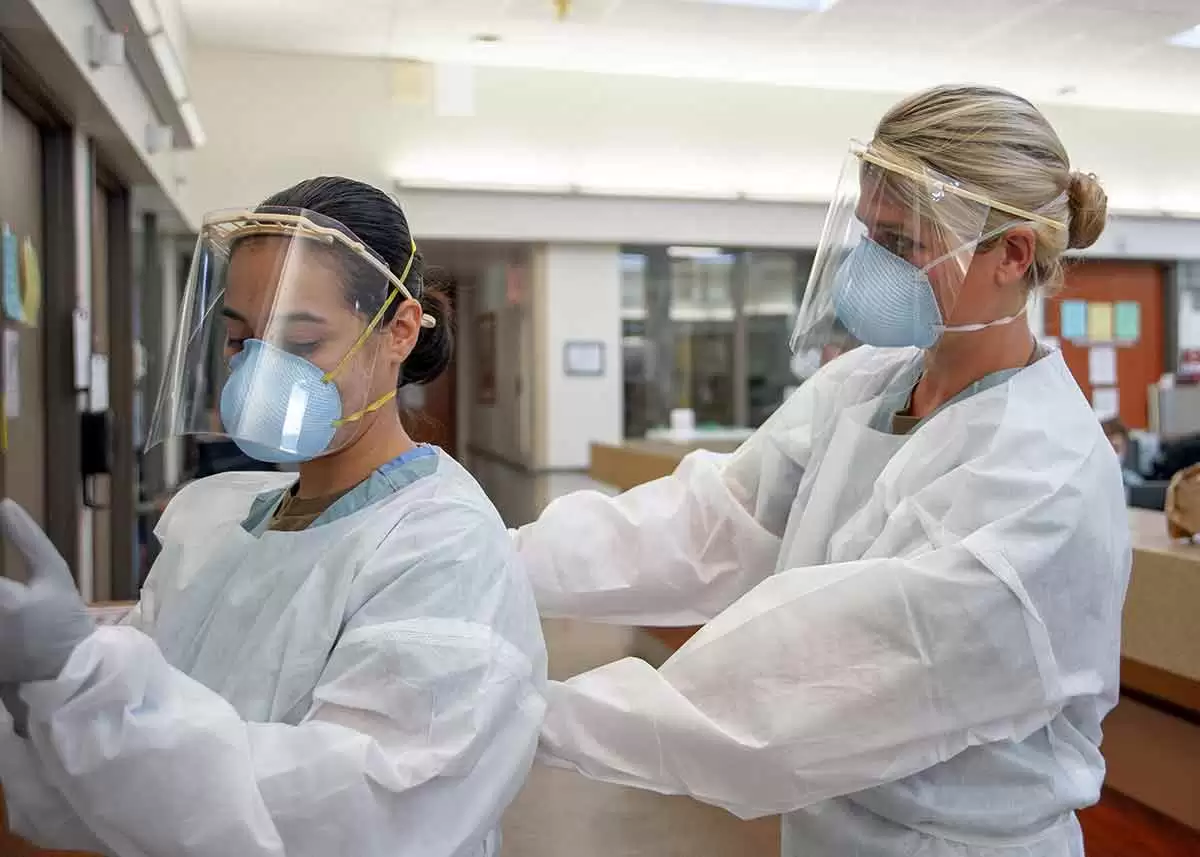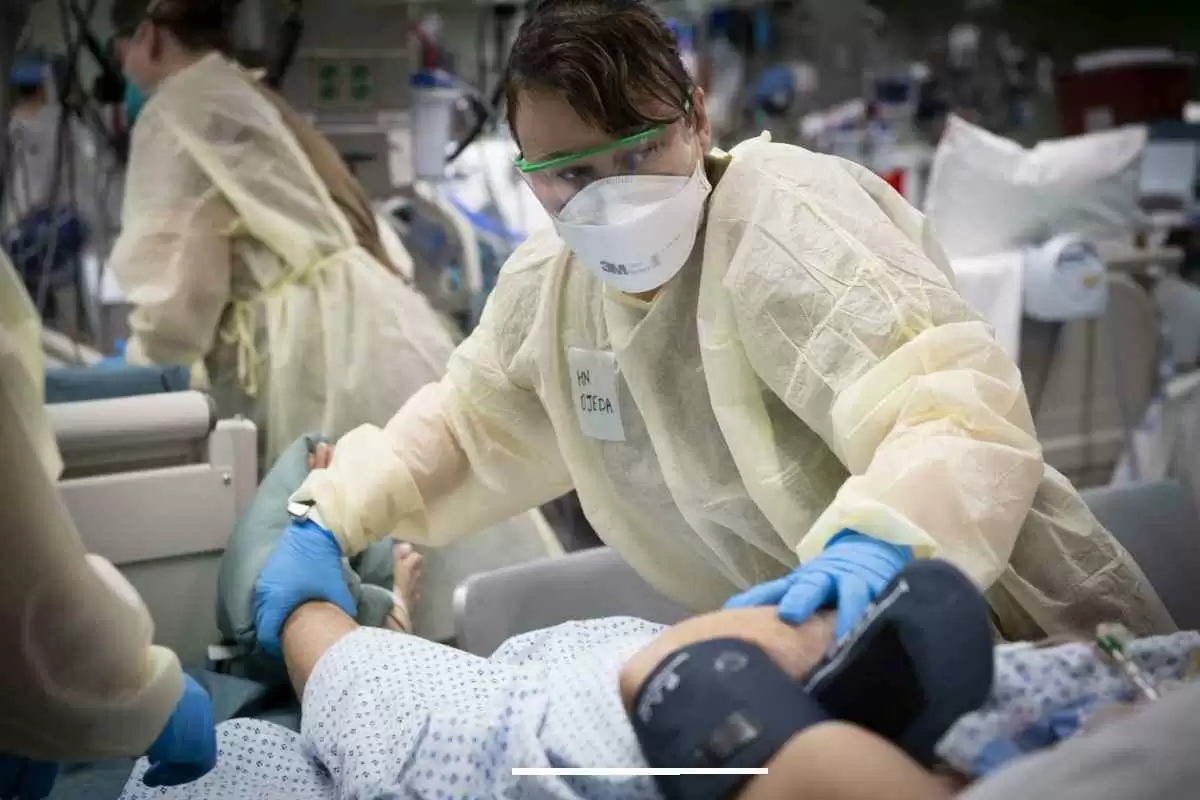
Celiac.com 02/14/2022 - Prior studies have found links between the gut microbiome and COVID-19, along with other diseases. However, a new study by investigators at the Chinese University of Hong Kong offers the first published data specifically linking gut health to COVID's long-term effects.
The research team assessed 106 patients with COVID-19 from February to August 2020, at three different hospitals, and compared their results against a group of patients recruited in 2019, who did not have COVID.
Celiac.com Sponsor (A12):
Patients had mostly mild to moderate Covid severity. At 3 months, nearly ninety of the COVID patients had post–acute COVID-19 syndrome (PACS), which researchers defined as at least one persistent, otherwise unexplained symptom 4 weeks after testing negative for Covid.
After six months, more than eighty patients still had PACS, with the main complaints being anxiety, fatigue, poor memory, hair loss, and difficulty sleeping.
Stool sample analysis of PACS patients showed sharply lower bacteria diversity and abundance at six months, compared with with control subjects, and those without PACS.
In patients with PACS, at both baseline and follow-up, nearly thirty bacteria species were reduced, while nearly fifteen were increased. Patients with COVID but not PACS showed just 25 changes to bacteria species at hospital intake, and all of those patients normalized by 6 months.
The team linked patient respiratory symptoms at 6 months to higher levels of opportunistic pathogens such as Streptococcus anginosus and S. vestibularis. They also tied neuropsychiatric symptoms and fatigue to nosocomial pathogens, which are linked to opportunistic infections, such as Clostridium innocuum and Actinomyces naeslundii (P < .05).
Bacteria that produce the beneficial fatty acid butyrate were substantially reduced in patients with hair loss. They also found that specific bacteria, including Bifidobacterium pseudocatenulatum and Faecalibacterium prausnitzii, showed the greatest inverse correlations with PACS at 6 months..
"Particular gut microbial profiles may indicate heightened susceptibility," said Dr Siew Ng, MBBS, PhD, associate director at the university's Center for Gut Microbiota Research.
"Although the findings were drawn from patients with earlier strains of the COVID-19 virus, the findings still apply to new variants, including Omicron, since these pose the same problem of persistent disruption of the immune system," Ng adds.
Dr Ng's group is currently carrying out trials to assess how long COVID might be prevented, and antibodies boosted, by modulating the microbiome after vaccination in high-risk people. "To our knowledge, this is the first study to show that altered gut microbiome composition is strongly associated with persistent symptoms in patients with COVID-19 up to 6 months after clearance of SARS-CoV-2 virus," said Dr Ng.
Meanwhile, Eugene Chang, MD, professor of medicine at the University of Chicago, who has studied the gut microbiome and gastrointestinal disease, cautions that the study is "too preliminary" to lead to any clinical changes. Dr. Chang notes that the observations merely identify the microbes present, not their actual effects.
Stay tuned for more on this and related stories about celiac disease and Covid.
Read more in Medscape Medical News








Recommended Comments
There are no comments to display.
Create an account or sign in to comment
You need to be a member in order to leave a comment
Create an account
Sign up for a new account in our community. It's easy!
Register a new accountSign in
Already have an account? Sign in here.
Sign In Now